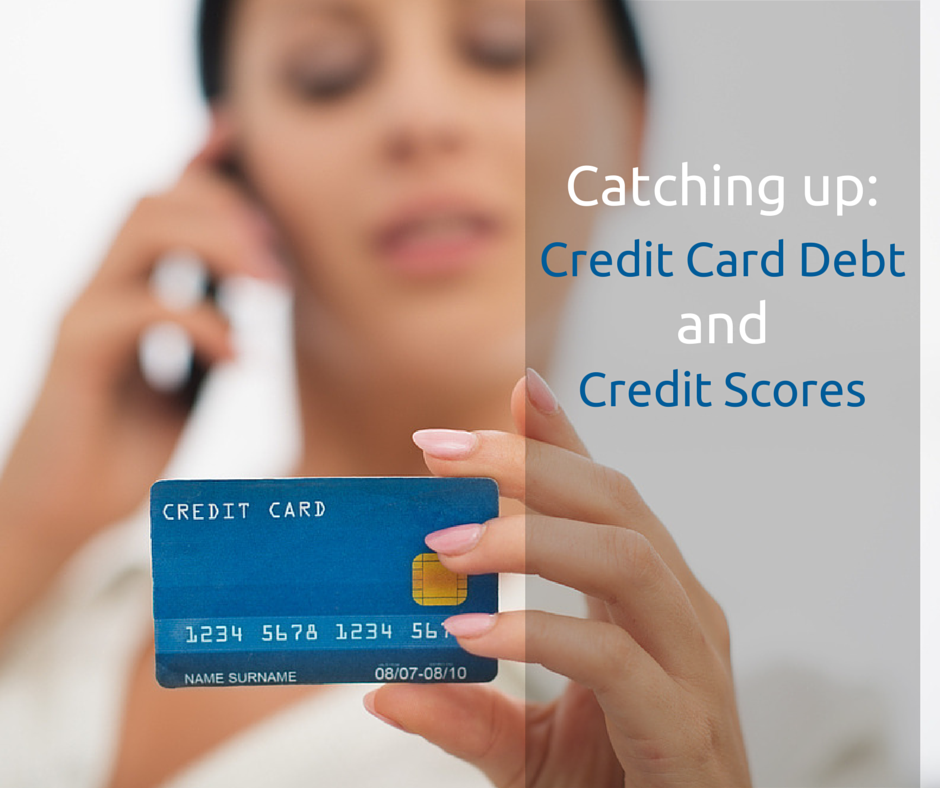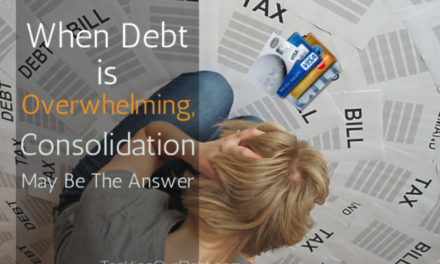Despite the widespread use of credit cards today many people have no idea how their credit card behavior affects their credit score, good or bad. It’s fairly common knowledge that the higher your credit score is, the healthier your credit — but do you know what factors go into your score and do you know where credit cards fit in? If your credit card debt is stretched to the limit, do you know what you should do to repair your credit?
Are you worried that filing for bankruptcy or a consumer proposal will damage your credit score forever?
Understand Your Score
Your credit score is important because it will impact both your ability to get a loan when you need it, and the interest rate you will have to pay.
Your credit score isn’t just a random number that some unknown entity invents to torture you and make it more difficult to get a loan. Equifax and Trans Union use very specific factors to calculate your score. These numbers may vary by credit bureau, but here is a fairly solid overview:
- 35%: Payment History. Do you pay your bills on time? Everything from your mortgage to your phone bill will be considered here. If you have ever filed bankruptcy or made a consumer proposal to your creditors, this is where it will show up, at least for a period of time.
- 30%: Debt Ratio. This is one of the most misunderstood factors. It includes the amount of debt you carry both relative to your income and relative to your credit limit.
- 15%: Credit History. This refers specifically to how long you’ve been using credit.
- 10%: Type of Credit Used. That’s right, the type of credit you’re using impacts your score. Payday loans? Not so good. Secured credit cards? Much better!
- 10%: New Credit. Your score won’t drop because you apply for new credit, but if you apply multiple times and get rejected over and over, that can have a negative impact on your score.

Good Versus Bad Credit
When it comes to your credit score, lenders basically want to see someone who uses credit, can service their debt (meaning they can make all payments) and reduce their principal balance in a managed way.
Different types of debt are viewed differently.
Term loans like your car loan, mortgage or other bank loans typically have a fixed payment.
You start out with a high utilization rate (in other words you owe the full amount of the original balance) and over time you make payments, and your principal balance declines. Make your payments regularly on this type of debt and it reflects very favourably on your credit report.
But what about credit cards, and credit card debt?
Credit cards are considered a form of revolving credit. You have a given credit limit and can charge up to that amount.
However unlike term loans, having your credit card balances pushing up against your granted credit limit has a negative impact on your credit score.
However, having credit cards in your name shows that you are able to borrow money and be a good credit risk.
Making Credit Cards Work for You
When used wisely, credit cards can help you improve and maintain your credit score. You just have to follow a few general rules:
- Pay off your credit card balance in full every month. It’s also OK — sometimes even preferable — to pay off the balance multiple times throughout the month if you have multiple purchases.
- Open a credit card with a small balance, purchase a small item, and immediately pay it off. By simply keeping it open, you will be contributing toward building a more favourable credit history.
- It’s always preferable to have a low balance outstanding on any of your credit cards rather than being maxed out.
- If you are carrying balances, try to keep your average balance on each card below 30%. Anything above 50% on a regular basis raises red flags that you may be a credit risk. It’s actually better to have two cards with small usage than it is to have one card with a higher usage.
- However, keep the number of credit cards you have to a reasonable number. Having several credit cards, even with a low balance, can signify that you are a potential credit risk.
- For all of your debts — including your credit card debt — try your best to keep your debt payments (including your mortgage or rent) to a total of less than 40% of your monthly take-home pay. This is a level that’s considered healthy by most lenders.
If you are trying to establish credit for the first time, or are trying to re-establish credit after a bankruptcy or consumer proposal, credit cards can be a useful financial product to help you do so.
If you don’t qualify for a regular credit card, a secured credit card can help you get started. With a secured credit card you provide the lender with a deposit of say $500 and they give you a credit card with a limit equal to your deposit.
As long as you follow the rules outlined above (in particular using the card for small purchases and regularly paying off your balance) you can begin to re-establish a good credit rating that will allow you to qualify for other debt in the future.
When to Ask for Help With Your Credit Card Debt
All of this advice sounds wonderful if you have some credit capacity today but what if you are already in financial trouble.
What if your credit cards are already maxed out and your credit score is already so low that you’ve been turned down for a new loan?
If that’s the case you may need to take one step backwards before you can take a step forward.
For many people, the word “bankruptcy” is synonymous with credit score suicide. While filing for bankruptcy or a consumer proposal will be reflected on your report for a period of time, for many it is the first positive step needed to begin the process of rebuilding their credit.
Consider this: How long will it take you to dig yourself out of your current level of debt?
If you’re stuck with some high-interest loans and you only seem to be spiraling deeper into debt with each passing month, filing personal bankruptcy or making a proposal to your creditors may in fact be the most responsible option. If you’re unsure, consider speaking with a bankruptcy trustee about your situation.
Keeping Things in Perspective
Having a clean credit report is important, but it’s not the only factor in determining your financial health. In fact, it’s possible for someone to have “perfect credit” and to be turned down for a loan because they have too much debt. Rather than juggling your debts in an effort to maintain that perfect credit score, focus your efforts on completely eliminating your debt so that you can start over.
(PIN IT)






